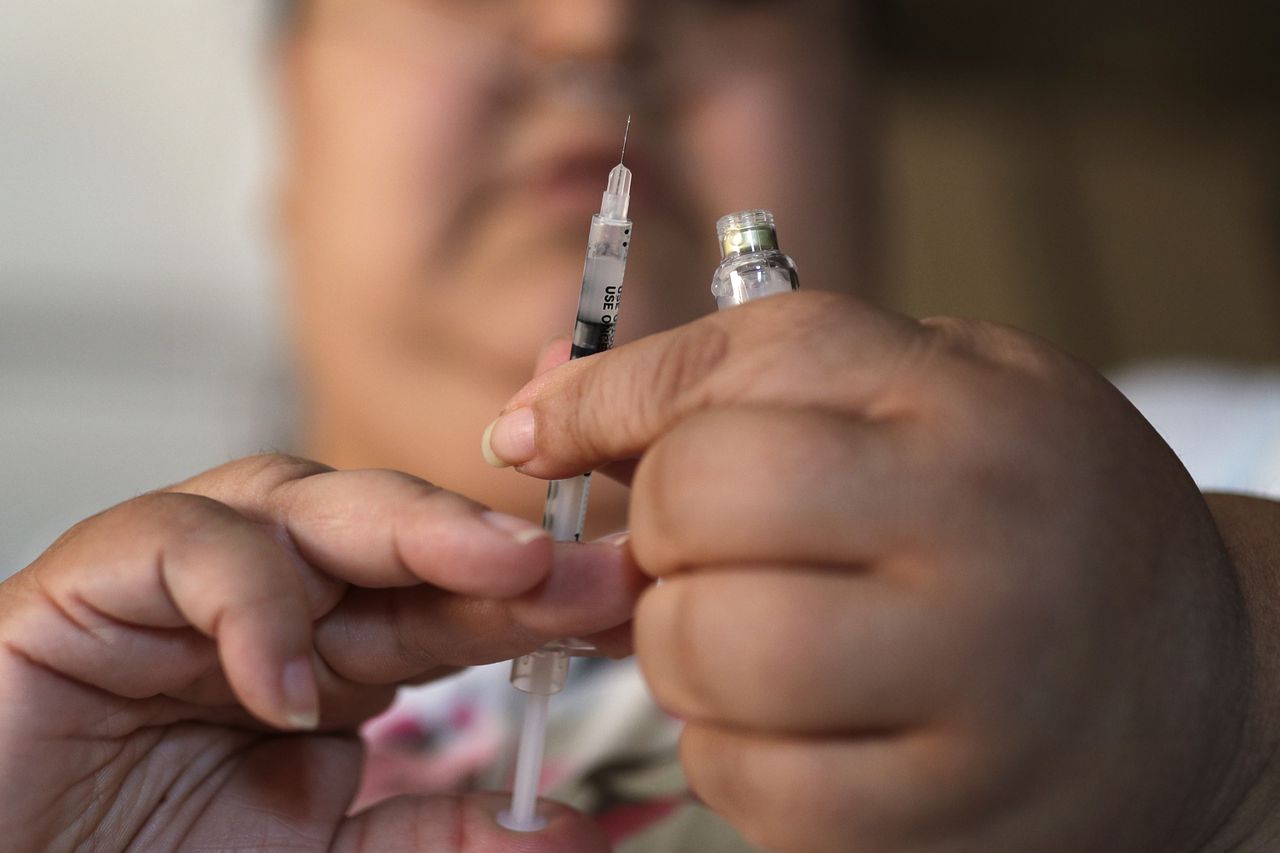Pediatric flu death reported in Ohio; artificial pancreas to treat diabetes tested in U.K.: Health roundup for April 5, 2022
CLEVELAND, Ohio — The first pediatric flu death of the season has been reported in Ohio, and an artificial pancreas that could control diabetes is being tested in the United Kingdom.
Cleveland.com compiles some of the most notable local and national health news to make headlines online. This is what you need to know before Tuesday 5 April.
First pediatric flu deaths of the season reported in Ohio
An 8-month-old man from Ashland County is Ohio’s first reported flu-related pediatric death of the 2021-2022 flu season, health officials said recently. The state does not track adult flu deaths.
Cuyahoga County has recorded three flu-related deaths and 61 flu-related hospitalizations this season.
The last two flu seasons – the current 2021-22 season and the previous 2020-21 season – have been unusually mild across the country. Measures taken to slow the spread of COVID-19, such as wearing masks, closing school, reducing travel and washing hands, also helped keep the flu down.
There have been 972 flu-related hospital admissions reported in Ohio so far this flu season, compared to 108 reported during the same period in the 2020-21 flu season, where there was an unusually low amount of flu compared to more typical flu seasons.
At this point in the 2019-20 flu season, there were 10,540 hospitalizations.
Flu activity usually peaks between December and February.
Artificial pancreas for diabetics tested in United Kingdom
In a first-of-its-kind study, more than 800 adults and children in the UK with type 1 diabetes carry an artificial pancreas that experts say could become an important way to manage the disease.
The experimental artificial pancreas is worn next to the body. It constantly monitors blood glucose levels and automatically adjusts the insulin delivered through a pump, according to news reports.
The technology can eliminate fingerstick tests to monitor blood sugar levels and help patients avoid dangerously low or high blood sugar levels.
So far, the device has been found to be effective, researchers said. It is being tested in 30 NHS diabetes centers in the UK
New Study Suggests Link Between Obesity And Stillbirth, Neonatal Death
Obesity may pose a significant threat to healthy pregnancies, a new Canadian study suggests.
Among nearly 400,000 women, those who were obese before pregnancy had a 55% higher chance of stillbirth or neonatal death before hospital discharge, the study suggests.
Even women who were just overweight before pregnancy had a 22% higher chance of stillbirth or neonatal death compared to women with a normal BMI.
The reasons for the association are not fully understood, researchers said.
The study authors suggested that future research would determine which potential precursors leading to higher BMI before pregnancy may have the greatest effect on perinatal mortality, such as a sedentary lifestyle, high calorie intake from food, and medical or genetic conditions. .
The journal PLoS One recently published the findings.
Men Who Take Diabetes Medications At Risk Of Babies With Birth Defects, Study Suggests
A large study suggests that during the period of sperm development, men taking metformin – an antidiabetic drug – had an increased risk of having babies with birth defects.
These findings suggest that men with diabetes who are taking metformin should consult a doctor about whether or not to change treatment when attempting to father a child. However, because diabetes control also affects sperm quality, stopping metformin treatment may also affect the outcome of the birth.
The findings were recently published in the Annals of Internal Medicine.
Researchers from the University of Southern Denmark and Stanford University studied data from nationwide national registries of births, patients, and prescriptions. They evaluated whether the risk of birth defects varied between babies fathered by men treated with insulin, metformin or sulfonylureas before conception.
Babies were considered exposed to a diabetes drug if their fathers filled at least one prescription for these drugs during the three months the sperm developed.
Babies whose fathers took metformin had an increased risk of birth defects. There were too few babies whose fathers took sulphonylureas to determine the risk of birth defects with certainty. Taking metformin before or after sperm development did not increase the risk of birth defects.
More health related stories:
Restaurants pledge to eliminate PFAS chemicals; half of women get at least one false-positive mammogram, new study suggests: Health Review for March 29, 2022
Women call for ‘medical gaslighting’
Will prosecuting medical malpractice lead to a culture of silence?
‘It’s an alien knee there’: mixed feelings after joint replacement
Heart disease is the number 1 killer of women. So why so little research on women?


Comments are closed.